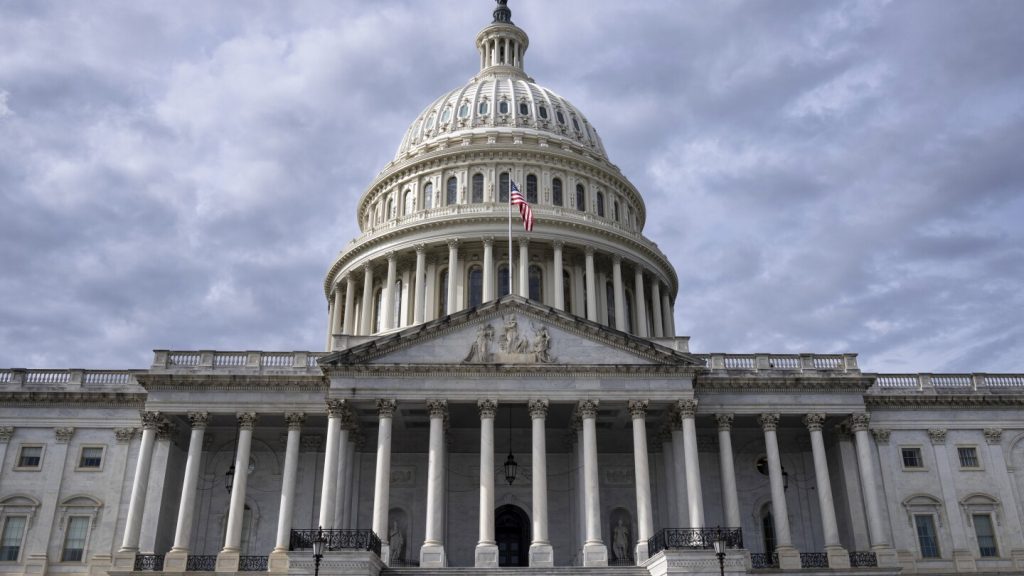Republicans have secured control of the U.S. House, completing their takeover of the U.S. government alongside President-elect Donald Trump. With a House victory in Arizona and a win in California, the GOP now holds 218 seats in the House, giving them the majority. This, along with their earlier win in the Senate, has solidified Republican control of Congress. President Trump has promised to implement his vision for the country, including a large-scale deportation operation, tax breaks, punishing political enemies, and reshaping the economy. The GOP victories ensure that Congress will support his agenda.
Trump will return to a vastly different Republican Party that has been transformed by his “Make America Great Again” movement. He will also work with a Supreme Court dominated by conservative justices, including those he appointed. House Speaker Mike Johnson, with Trump’s endorsement, aims to overhaul federal government programs and implement an ambitious 100-day agenda. Republicans in the House and Senate see themselves as having a mandate from the American people to prioritize Trump’s “America First” agenda.
Already, Trump’s allies in the House are signaling plans for retribution, with Rep. Matt Gaetz being nominated for attorney general and investigations planned into special counsel Jack Smith. With a few races still undecided, the Republicans may hold a slim majority in the new Congress, which could complicate efforts to maintain control. Infighting within the party, particularly from hardline conservative factions, may pose challenges to the new leadership. Also, the support of moderate Republican lawmakers on extreme proposals remains uncertain.
In the Senate, GOP leaders are working with Trump to confirm Cabinet picks, with Sen. John Thune replacing Sen. Mitch McConnell as the new party leader. Thune, who has been critical of Trump in the past, expressed unity and excitement about reclaiming the majority and implementing Trump’s agenda. Despite some skepticism over Trump’s nominations, the GOP’s majority of 53 seats ensures that they have room to confirm appointments and potential Supreme Court justices. Democrats are focused on unifying their members and staying relevant as Congress prepares for new legislation.
Democrats face challenges in staying relevant in Congress as Republicans hold the majority in both the House and the Senate. President Trump’s agenda is expected to move forward with the support of GOP lawmakers, who see themselves as having a mandate to implement his policies. With control over key positions in government, Republicans are set to work with Trump to carry out his vision for the country. The dynamics of the new Congress, marked by Republican dominance and potential internal divisions, will shape legislative priorities and decisions in the coming years.















